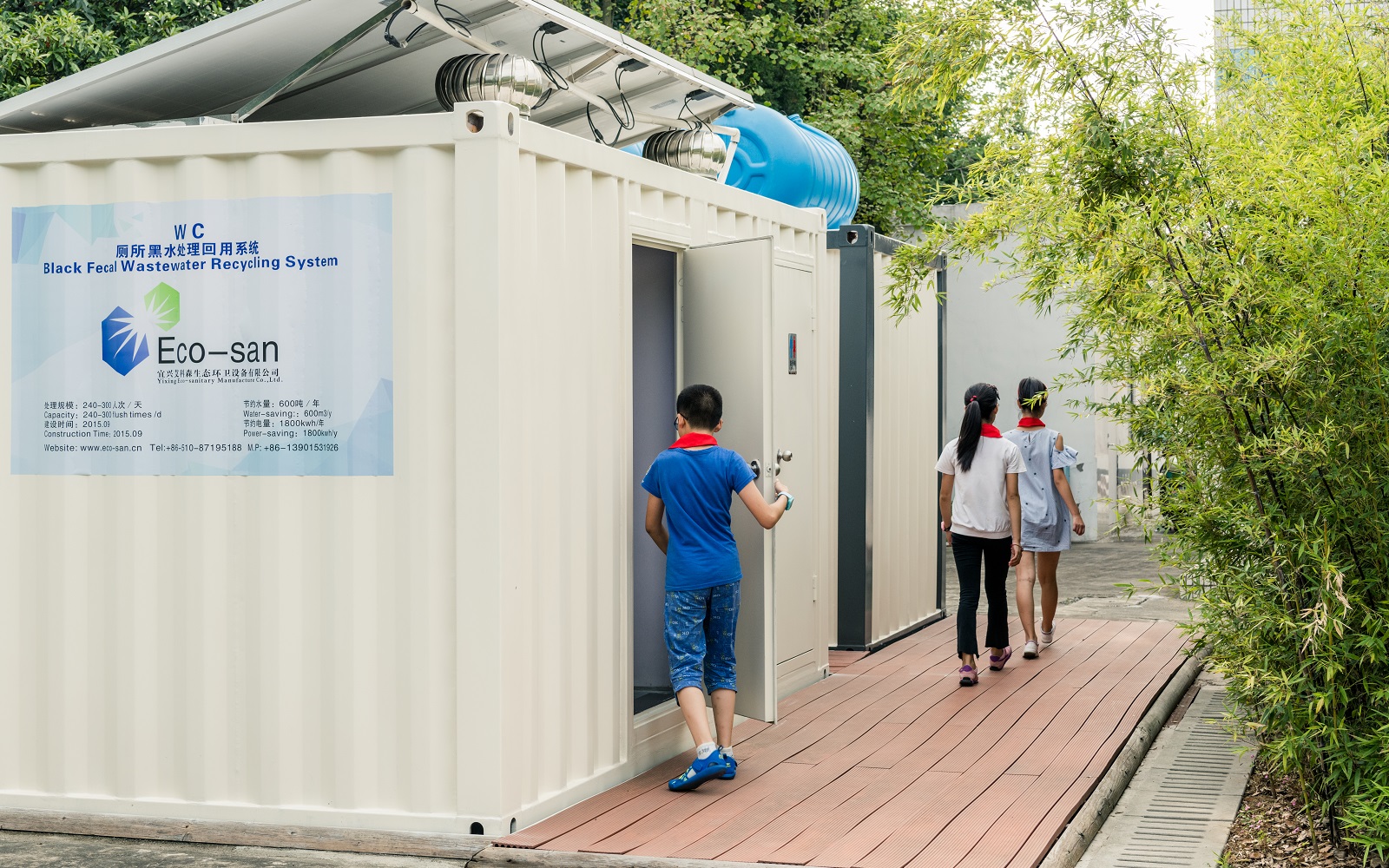The Bill & Melinda Gates Foundation has made global sanitation a priority, committing over $370 million since 2011 to develop sustainable waste treatment solutions for the 2.5 billion lacking adequate facilities.
This effort originated with the Reinvent the Toilet Challenge, which provides grants to researchers developing innovative toilet designs that operate off-grid without connections to water, sewers, or electricity.
The goal is a safe, affordable, environmentally-friendly toilet that turns human waste into useful resources like energy or water. As Bill Gates highlighted in a 2021 reflection, “Living without a toilet is more than an inconvenience, it’s dangerous.” Gates points to estimates that diarrhea and sanitation-related diseases kill nearly 500,000 children under five annually.
The Reinvent the Toilet Challenge has yielded promising prototypes:
- Cranfield University is developing a vacuum pump system to vaporize water from waste while generating fuel.
- Samsung has created a thermal treatment design that disinfects waste and turns it into ash without requiring water.
A major breakthrough has been the Janicki Omni Processor, which received initial 2015 field testing in Dakar, Senegal. This decentralized system works alongside reinvented toilets to convert fecal sludge into electricity, drinking water, and ash via combustion, steam power, and water treatment. Gates has noted robust business plans and public-private partnerships will be vital to bring such technologies to market globally.

gatesnotes.com
The Janicki Omni Processor (J-OP).
India has also made progress through Prime Minister Modi’s Clean India mission, which aimed to end open defecation nationwide by 2019 through toilet construction and awareness campaigns. The Gates Foundation supports these efforts, which have helped over 30 percent of villages achieve open defecation free status.
But challenges remain to scale new sanitation systems globally. Recent surveys at a North American university found:
- Most students view global sanitation, not illness, as the more pressing world issue
- When asked about hygiene, students cited: showers, clean clothes, deodorant, soap, personal appearance, cleanliness
- Students thought about toilets that morning or when asked the survey question
This indicates further education and awareness campaigns on sanitation’s impact could drive greater engagement.
While progress is ongoing, Gates stresses that reaching the billions lacking safe sanitation globally requires continued innovation, public-private collaboration, and public education. The technologies and partnerships seeded by efforts like the Reinvent the Toilet Challenge could provide the breakthroughs needed to turn the tide.

